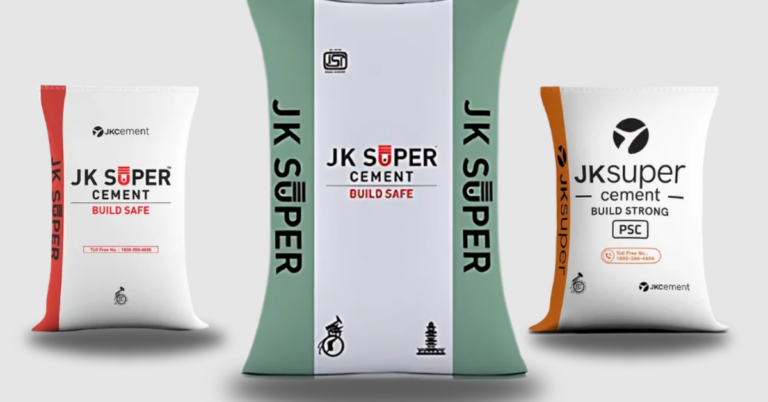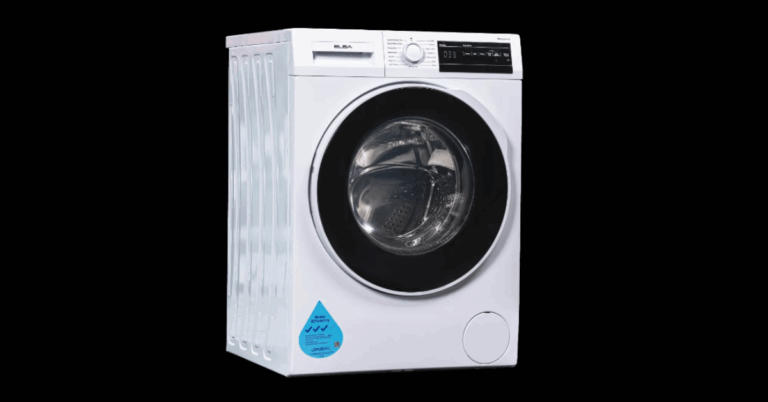Trends in Bio-based Materials for Consumer Products: Sustainable Alternatives
11xplay sign up login password, www laser247.com, tiger exchange 247:Bio-based materials are gaining popularity in the consumer products industry as sustainable alternatives to traditional materials like plastics and metals. These materials are derived from renewable resources such as plants, animals, and microorganisms, making them more environmentally friendly than their conventional counterparts. In this article, we will explore the latest trends in bio-based materials for consumer products and the benefits they offer in terms of sustainability.
Sustainable Packaging:
One of the most significant trends in bio-based materials for consumer products is the use of sustainable packaging. Manufacturers are increasingly turning to bio-based materials like bioplastics, paperboard, and compostable materials to reduce the environmental impact of packaging waste. These materials are biodegradable or compostable, meaning they break down naturally in the environment without causing harm.
Textiles and Apparel:
Another popular application of bio-based materials is in textiles and apparel. Brands are now using materials like organic cotton, bamboo, hemp, and recycled polyester to create eco-friendly clothing and accessories. These materials are not only sustainable but also offer benefits like breathability, durability, and moisture-wicking properties.
Personal Care Products:
Bio-based materials are also making their way into personal care products like cosmetics, skincare, and hair care. Ingredients derived from plants, such as coconut oil, shea butter, and essential oils, are being used to create natural and organic products that are safer for consumers and the environment. These products are free from harmful chemicals and synthetic fragrances, making them a healthier choice for conscious consumers.
Home and Lifestyle Products:
In addition to packaging, textiles, and personal care products, bio-based materials are being used in a variety of home and lifestyle products. From furniture made of sustainable wood to biodegradable cleaning products, consumers now have more options to choose from when looking for eco-friendly alternatives for their homes. These products are not only better for the environment but also promote a more sustainable lifestyle overall.
Electronics and Technology:
Even the electronics and technology industries are starting to adopt bio-based materials in their products. Companies are exploring the use of bio-plastics, bio-polymers, and biodegradable components in electronic devices to reduce e-waste and energy consumption. These materials offer similar properties to traditional plastics and metals but with a smaller environmental footprint.
Automotive and Transportation:
Lastly, bio-based materials are making their way into the automotive and transportation sectors as well. Manufacturers are using bio-based plastics, composites, and foams to create lightweight and fuel-efficient vehicles. These materials help reduce greenhouse gas emissions and resource depletion, making them a more sustainable option for the future of transportation.
In conclusion, the use of bio-based materials in consumer products is a growing trend that offers a more sustainable and eco-friendly alternative to traditional materials. By choosing products made from renewable resources, consumers can reduce their carbon footprint and support a more sustainable economy. As the demand for sustainable products continues to rise, we can expect to see even more innovative uses of bio-based materials in the future.
FAQs
Q: Are bio-based materials more expensive than traditional materials?
A: While bio-based materials may be slightly more expensive to produce initially, their long-term benefits in terms of sustainability and environmental impact often outweigh the cost.
Q: Are bio-based materials as durable as traditional materials?
A: Yes, many bio-based materials offer similar or even better durability and performance characteristics compared to traditional materials.
Q: How can consumers identify products made from bio-based materials?
A: Look for labels or certifications like “biodegradable,” “compostable,” or “made from renewable resources” on product packaging to identify bio-based materials.
Q: Are bio-based materials recyclable?
A: Some bio-based materials are recyclable, while others are biodegradable or compostable. It’s essential to follow the specific recycling guidelines for each material.
Q: What are the environmental benefits of using bio-based materials?
A: Bio-based materials help reduce greenhouse gas emissions, resource depletion, and waste generation, leading to a more sustainable and circular economy.
Q: Can bio-based materials replace all traditional materials in consumer products?
A: While bio-based materials offer significant benefits, they may not be suitable for all applications. It’s essential to consider factors like performance, cost, and environmental impact when choosing materials for consumer products.







